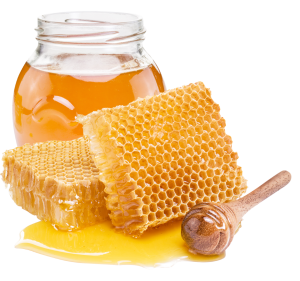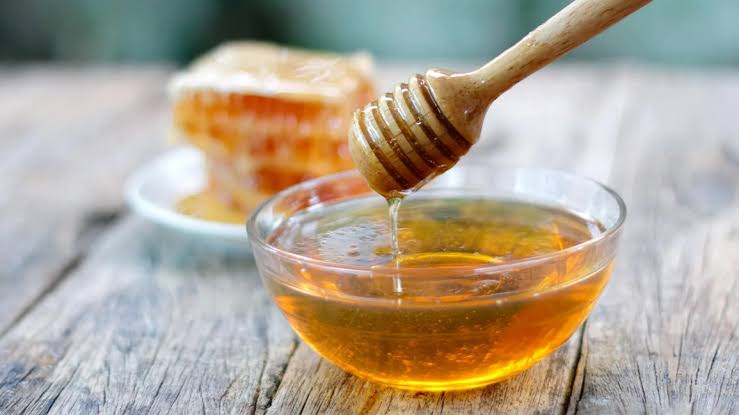Honey as a food, has gained acceptance and adoration over the years, from generation to generation it’s been greatly cherished, not only for its sweetening and unique taste, but for it’s nutritional value.
Honey as a food has several nutritional values which includes,

1. Nutritional Composition: One of the key reasons for honey’s popularity is its rich nutritional profile. Composed primarily of carbohydrates (predominantly fructose and glucose), honey also contains trace amounts of vitamins, minerals, and antioxidants. These components contribute to its status as a wholesome food source.
2. Antioxidant Powerhouse: Honey is a potent source of antioxidants, including phenolic compounds and flavonoids. These antioxidants play a crucial role in neutralizing free radicals(causing diseases like cancer) in the body, reducing oxidative stress, and supporting overall health. Regular consumption of honey has been linked to a lower risk of chronic diseases.
3. Medicinal Properties: Beyond its delightful sweetness, honey has been recognized for its medicinal properties for centuries. Its antimicrobial and antibacterial characteristics make it a natural remedy for treating wounds and preventing infections. Honey’s sticky consistency creates a protective barrier, promoting faster healing and reducing scarring.
4. Allergy Alleviation: Local honey is believed by some to alleviate seasonal allergies. The idea is that consuming small amounts of local pollen present in honey may help the immune system build tolerance to allergens. While scientific evidence is limited, many people attest to experiencing relief from hay fever and other allergies through this practice
Honey’s significance as a food goes beyond its delightful taste. Its nutritional richness and healing properties make it a truly remarkable substance. Whether enjoyed as a natural sweetener, or for medical purposes, honey continues to captivate and contribute to our well-being in countless ways.



Leave a Reply